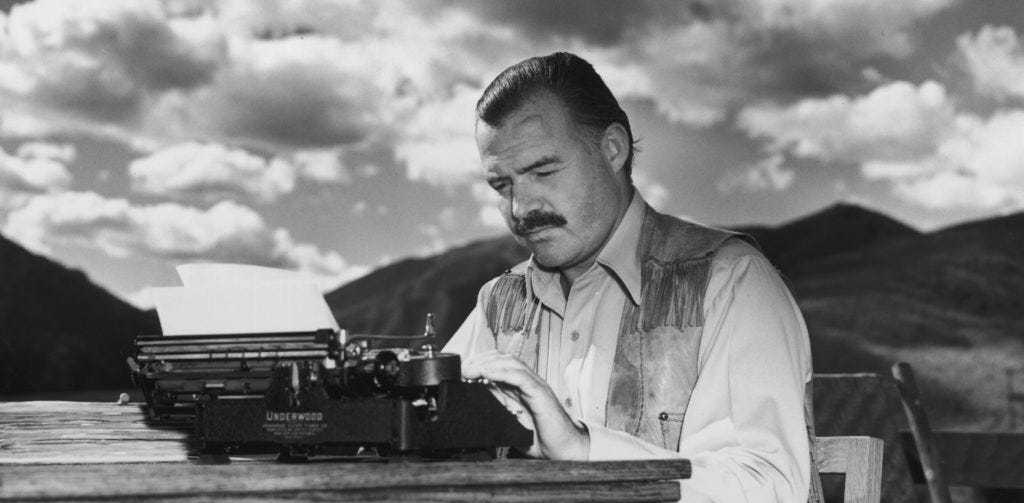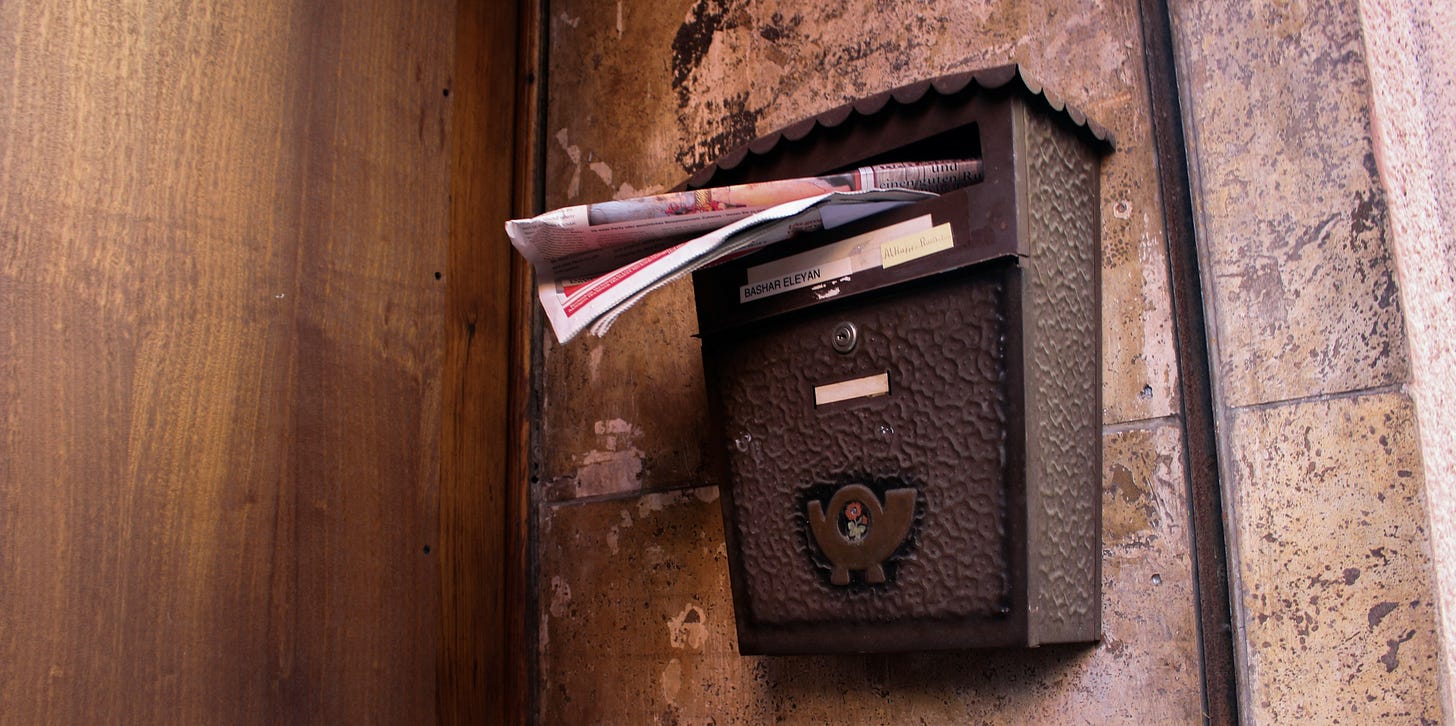You have 20,000 days as an adult: 7 keys to make sure they are not wasted
Make every day count
🏷️ Categorías: Time management, Deliberate practice, Time, Motivation.
If you live in a developed country, congratulations.
According to the WHO, life expectancy in Spain, for example, is around 83 years. It’s similar in most developed countries—if you’re lucky. But if we look at the global average, which is around 73 years, and subtract the first 18 years of childhood and adolescence, that leaves us with about 20,000 days as adults.
20,000 days.
Think about it. It’s not an infinite number. That’s 20,000 sunrises where you’ll open your eyes and experience the day... and then never live it again. Yet we live as if those days won’t end, as if we’re eternal.
The most dangerous phrase I’ve ever heard: “I’ll do it someday.”
“Someday I’ll take the trip.”
“Someday I’ll write the book.”
“Someday I’ll start training.”
“Someday” is not a day of the week—or of the calendar.
If you’ve ever felt like time flies, like even the years are rushing by… you’re not alone. But you do still have time. When I realized this, I decided to improve my morning routine. I’m still learning, but here are 7 ideas I use for my 20,000 days—ones you can start applying today.
Let’s go.
1. Do the most important thing during your energy peak
In 1954, Ernest Hemingway shared an unbreakable rule of his:
“I write as soon after first light as possible.”
And it wasn’t a whim—it was the routine that allowed him to be a writer.
Hemingway understood something that takes most of us time to learn: your most valuable resource each day is your energy. Waking early gave him silence, clarity, and the energy he needed to be prolific.
He liked starting at 6 a.m. and wrote until noon. The rest of the day was for leisure.
He tackled the important things first—during his energy peak.
What about you—are you giving your best hours to your best work?
If not, try it tomorrow. Identify your energy peak and use it for your number one priority. For many, it’s in the morning, so try waking up early and getting straight to what matters—before the world starts shouting urgent things at you.
2. Turn off your phone and leave it in another room
It sounds simple. So simple we often ignore it—and pay the price.
A phone is an endless distraction machine. One notification, one vibration, one quick Google search… and before you know it, 40 minutes have vanished as you stare at the screen. One thing leads to another, then another, and another. It always happens. I explained this in detail [here, here, and here].
Try this tomorrow: put your phone on airplane mode during your energy peak.
Your productivity will soar.
Disconnect from the outside to reconnect with yourself.
3. Delay opening your inbox
It’s tough to get used to, but necessary: don’t open your email at 9:00 AM.
We check our inbox like social media—urgently, afraid of missing out. But think about it: how many emails are actually urgent? How many could wait a while with no real consequence?
No one with a real emergency reaches out by email.
Don’t start your day reacting. Prioritize yourself.
Open the inbox for later. No one will die if you don’t reply at 9:01 AM.
4. Prepare the night before
Spend a few minutes each night getting everything ready for the next day.
That includes clothes, items, or tasks. For tasks, the most effective method is Ivy Lee’s method, which has been around for over a century and still beats any modern app.
Write down the 6 most important tasks for tomorrow.
Rank them in order of priority, most to least important.
The next day, work through the tasks in order—don’t move on until each is finished.
Decide whether to move unfinished tasks to tomorrow’s list or discard them.
This method forces you to prioritize. To make decisions. To do less, but better.
Want to make daily progress—even on the craziest days?
Prepare the night before.
5. Know the difference between important and urgent
Ever finish the day exhausted but feel like you got nothing meaningful done?
That happens when you’re busy with urgent things—but not important ones.
To break that pattern, use Eisenhower’s Matrix:
Urgent and important → Do it now.
Important but not urgent → Schedule it.
Urgent but not important → Do it later, delegate, or delete.
Not urgent, not important → Ignore it.
Focus especially on the second quadrant: Important but not urgent.
That’s where your high-value ideas live—learning a language, writing a book, launching a project, working out consistently.
Urgency always shouts the loudest.
But importance... that’s what truly matters.
6. Laser mode vs. lighthouse mode
We want to be focused 100% of the time—but the brain doesn’t work that way.
There are two types of attention: focused and diffuse. I call them laser mode and lighthouse mode.
Laser mode: You’re focused on one thing. Highly productive. But it’s draining.
Lighthouse mode: Your mind wanders. You’re not focused, but ideas emerge.
Laser mode happens at your desk, in silence. Lighthouse mode happens in the shower, on walks, or on a train while staring out the window. I explain more [here]. Since you can’t stay in laser mode all day, to perform better—you need better rest.
Don’t stay in the middle, where you’re neither truly working nor resting.
7. Create a routine
Some people start their day writing, others meditating, others exercising.
I wake up, review my Ivy Lee list, and write at sunrise—like Hemingway.
You can build a similar routine around your own goals. A routine acts as a time trigger that helps you get past that initial resistance and take action, even on low-motivation days. It’s all about reducing the initial friction.
When you have a routine, you’re not deciding each morning whether to do the important thing.
You just do it.
How you use your 20,000 mornings
Just like sudden success is rare, so is instant collapse.
Unproductive or harmful behavior is usually the result of small decisions that become bad habits over time. These often stem from poor environments and bad choices with a tiny marginal cost.
I’m talking about those decisions that don’t seem serious—until they stack up.
Skipping a workout one day isn’t a big deal.
Spending the afternoon on your phone isn’t terrible.
Eating poorly for one day isn’t catastrophic.
One bad night’s sleep won’t ruin you.
But these small decisions are cheap at the beginning—and ruinous in the long run.
It’s actually easier to stick to your values 100% of the time than 98%,
because once you break the habit, it’s easier to break it again.
But you can also choose the opposite:
Wake up earlier.
Prioritize rest.
Guard your energy.
Commit to habits.
Build activating routines.
You have 20,000 adult mornings. You’ve already used a few.
What will you do with the rest?
✍️ Your turn: Which of these 7 strategies will you start applying this morning?
💭 Quote of the day: “The job that never gets started takes the longest to finish.” — J.R.R. Tolkien.
See you next time and have a great day! 👋













It's only taken me 75 years to devise a productive routine for satisfying days. You are lucky that you learned this at your young age. (No, I'm not patting you on the head like a child. 😉) With all the changes that happen during one's life, it's good to set ground rules like these into the brain so the changes don't ruin the rhythm. Thank you for another great article.
Good advice here. I am at 20,195 adult days so far. The question isn’t “What have I accomplished?” but “”What CAN I accomplish?”